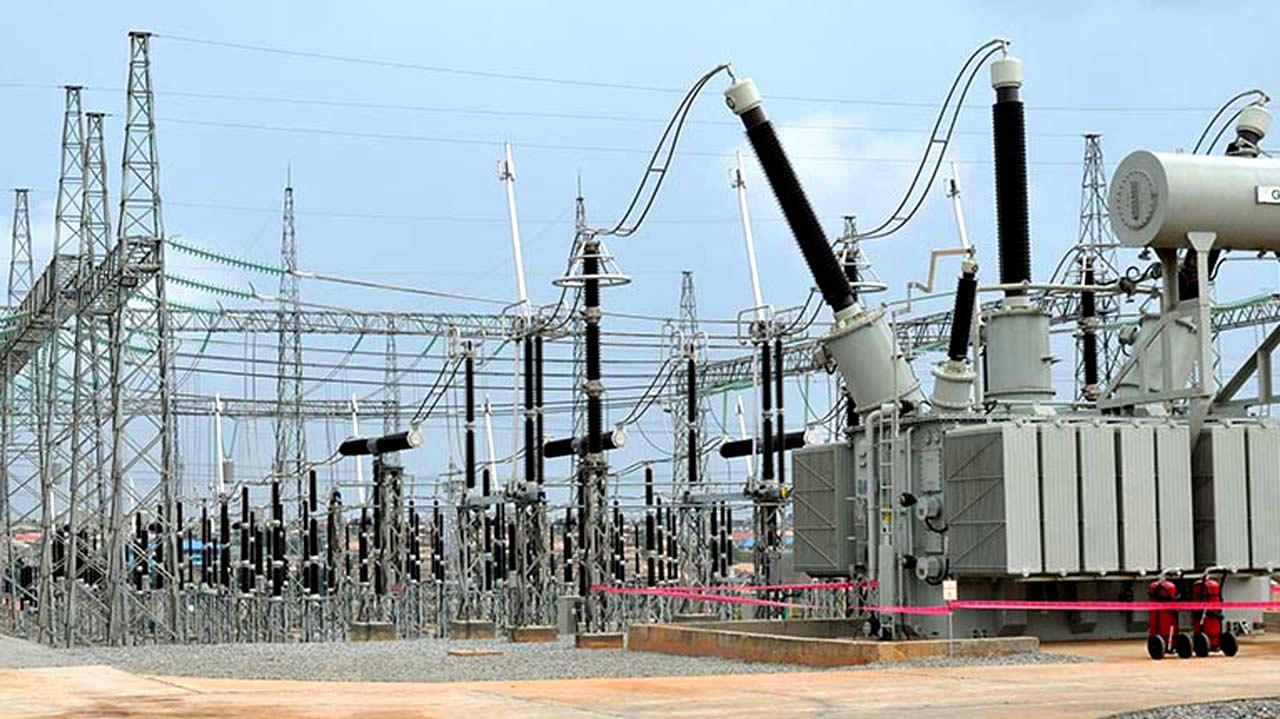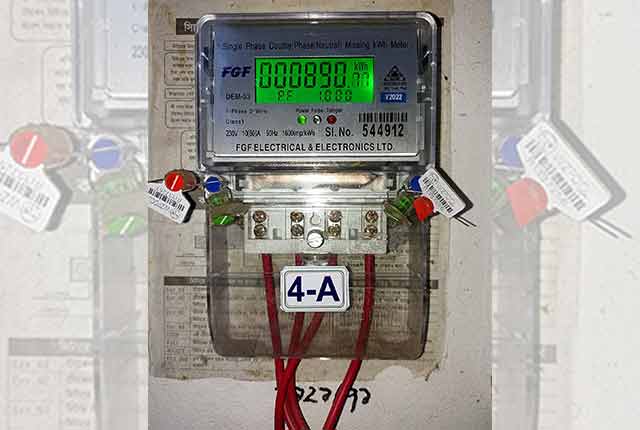WHEN Nigeria’s power sector was privatised in 2013, there were expectations that the exercise will culminate in increased generation, transmission and distribution of electricity to consumers sector-wide. The reasons were not far to seek.

First, it was widely expected that private investors that inherited the assets, including the 11 Electricity Distribution Companies, DisCos, had the expertise and technology to turn around the misfortune of the sector. It was further felt that the DisCos had funds to invest in projects and programmes required to build additional capacity and supply more power to consumers.
However, these have not been the case, for eight years after the exercise, supply has stagnated at an average of 5,000 megawatts, MW, due mainly to the lack of infrastructure required to deliver power to consumers.
The nation has capacity to generate and transmit up to 13,014MW and 8,100MW respectively but the DisCos are encumbered by huge debts to banks amounting to N823.28 billion, and thus lack the financial muscles to replace obsolete equipment or efficiently manage the infrastructure they inherited from the government in the sector.
The situation obviously prompted some communities to step in to bridge the infrastructural gap. While some have donated different facilities, especially transformers to enhance supply to their areas, the tragic point is that such assets automatically become the property of the DisCos. These DisCos are commercial enterprises that should fund their operations, and should not place the burden of providing their operational equipment on consumers.
We are in support of the implementation of the Presidential Power Initiative, PPI, an initiative that is jointly promoted by the Federal Government and its German counterpart which promises to be a lasting option. The PPI is targeted at expanding transmission and distribution infrastructure to deliver additional electricity to consumers, with the Federal Government and Siemens Energy already identifying over 200 power transmission and distribution projects for execution in all parts of the nation.
The PPI also aims at increasing power supply to 7,000 Megawatt, MW by December 2022, from the current average of 5,000MW, with an additional increase to 11,000MW and 25,000MW thereafter.
Already, the FGN Power Company and Siemens Energy have made progress toward the implementation of the PPI, as illustrated in the completion of the pre-engineering contract for distribution systems that were executed between FGN Power Company and Siemens in February 2021.
It is also noteworthy that the Federal Executive Council, FEC, recently approved the order for Siemens to supply 10 mobile transformers and another 10 mobile substations as well as the appointment of Africa Finance Corporation as a transaction advisor for the PPI. These are bound to enhance the sourcing of funds from global lenders.
These and other bold steps should not be retracted, especially as the completion of the PPI promises not only seeks to expand capacities to supply more electricity to consumers, but also release consumers, particularly communities, from the shackles of the DisCos, who hide under the guise of ‘voluntary donation’ to further subject them to all forms of exploitation.
We urge the DisCos to explore other genuine and acceptable ways and means of funding their projects and programmes. NERC should also review this practice with a view to bringing it to an end, apparently because of its unfairness to the consumers.



